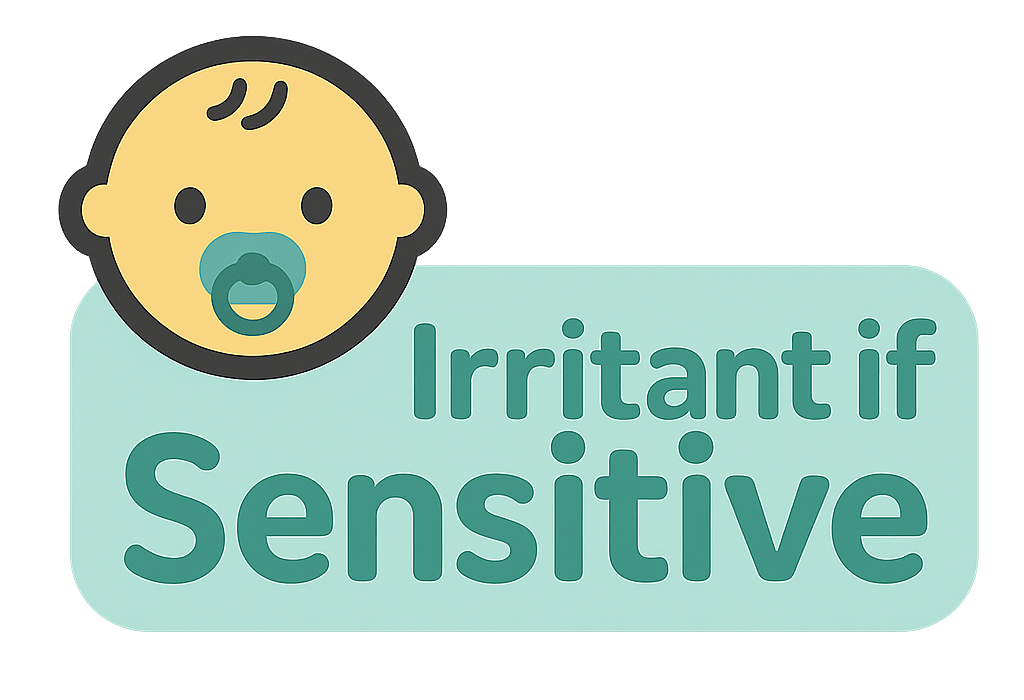Protease

adults • Skin contact product
Check for Different Age (6 available)
Is this safe for adults to use Protease?
ℹ️General Overview
For adults, protease is usually low risk but can cause skin allergies or irritation in some people. Most adults can use products with this ingredient safely, but people with sensitive skin or a history of enzyme allergies should be careful.
✅What to Do
If you're an adult and want to use a product with protease: do a small patch test on your inner forearm and wait 24–48 hours before using widely; avoid using it on broken or inflamed skin; stop use if you notice redness, swelling, itching, or hives; choose products from brands that disclose ingredient concentrations or note any use restrictions.
⚠️Warnings
There is strong evidence from peer-reviewed studies that protease can act as an allergen for some people — watch for signs like redness, itching, swelling, or hives. The U.S. Food and Drug Administration notes limited safe uses in food, and some product verification programs restrict this ingredient unless manufacturers provide extra safety information. If you have a known enzyme allergy, do not use topical products with protease. If a reaction occurs, rinse the area and seek medical advice.
Are you holding the product?
Scan the full ingredient label and understand if it's safe for your child.
Safety Risk Labels
This ingredient has the following documented risks:



Tap or hover over labels to see detailed risk information.
Alternative Names for Protease
This ingredient may also be listed as:
Always check ingredient labels carefully, as ingredients may be listed under different names.
Common Questions About Protease
Is this safe for adults to use Protease?
Yes, Protease is generally considered safe for adults based on current research.
What are the immune system risks of Protease for adults?
Could weaken or confuse immune system.
What are the irritant risks of Protease for adults?
Can cause skin redness, itchiness, or rashes—especially on sensitive baby skin.
What are the eczema risks of Protease for adults?
Linked to triggering or worsening eczema and similar skin conditions.
What products contain Protease?
Protease is commonly found in skincare products, cosmetics, and topical applications. Always check ingredient labels before use.
When can adults using products with Protease?
The appropriate age depends on the specific ingredient properties and concentration. This analysis is for adults. Use the age selector above to check other ages.
Want to scan another product?
Use our camera scanner to analyze more ingredient labels
Scan Another Product